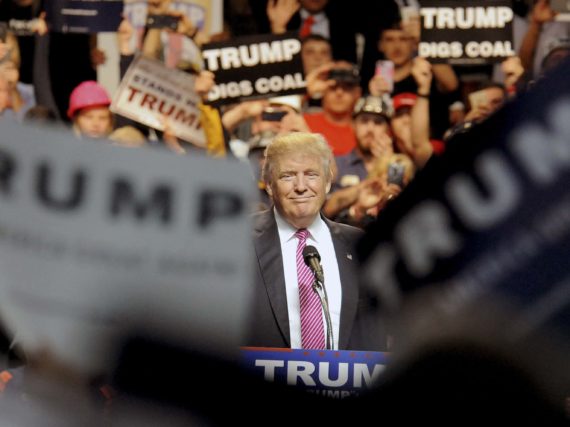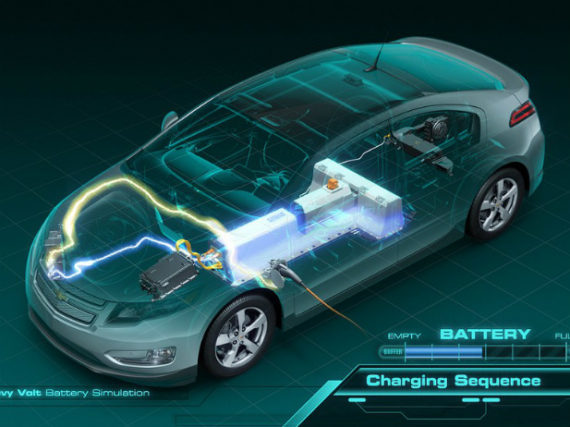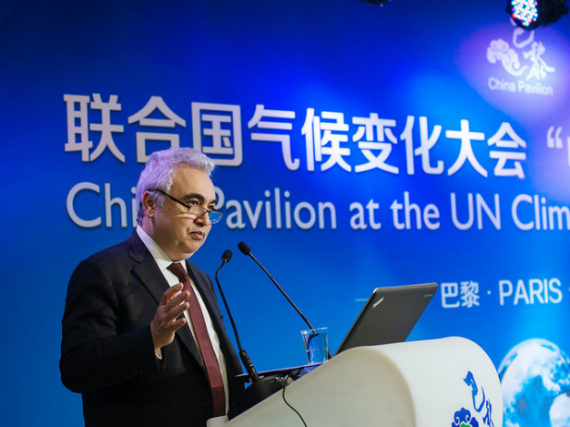Climate Change Could Drive Conflict Over Water. Is the U.S. Ready?
Thursday, January 26, 2017 A Syrian man carries a water container as he is accompanied by a woman at a refugee camp in the Turkish border town of Yayladagi (Reuters/Umit Bektas)
A Syrian man carries a water container as he is accompanied by a woman at a refugee camp in the Turkish border town of Yayladagi (Reuters/Umit Bektas)
This is a guest post by Joshua Busby, Associate Professor of Public Affairs at the University of Texas at Austin and author of the CFR discussion paper, Water and U.S. National Security. Read more »


















